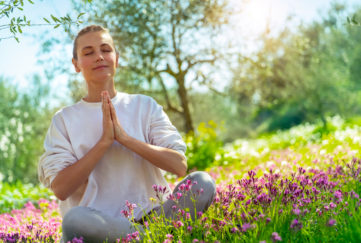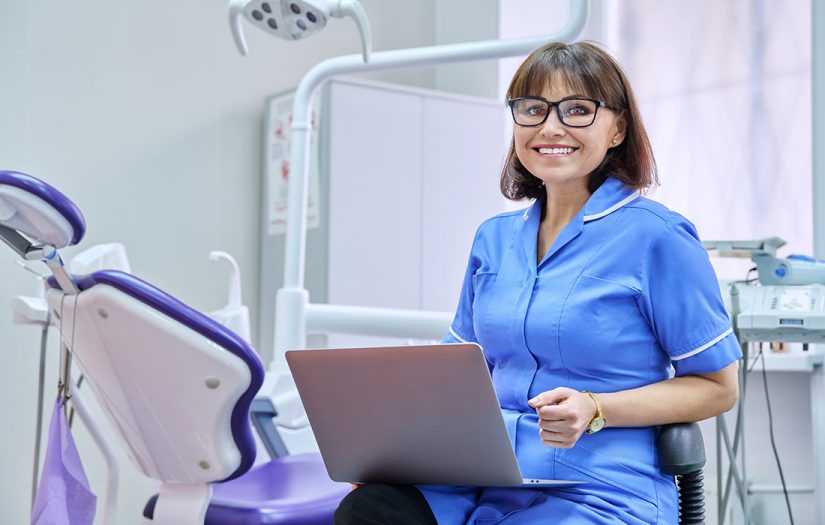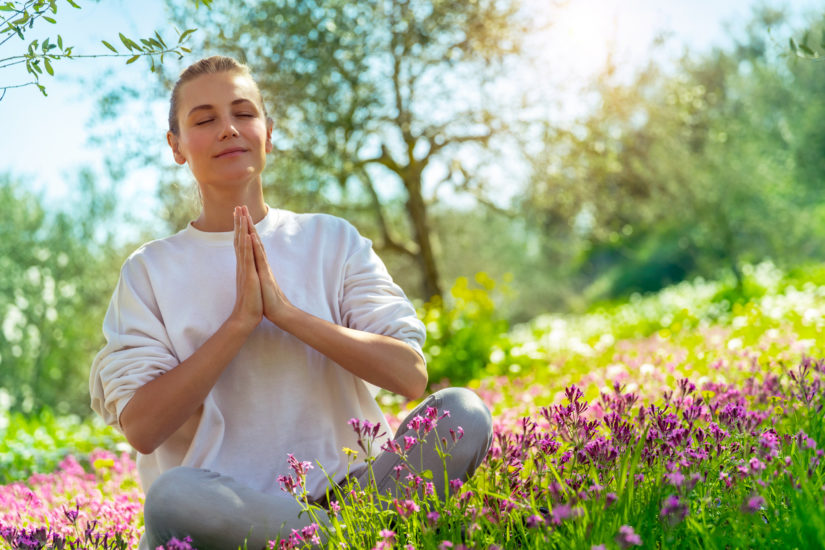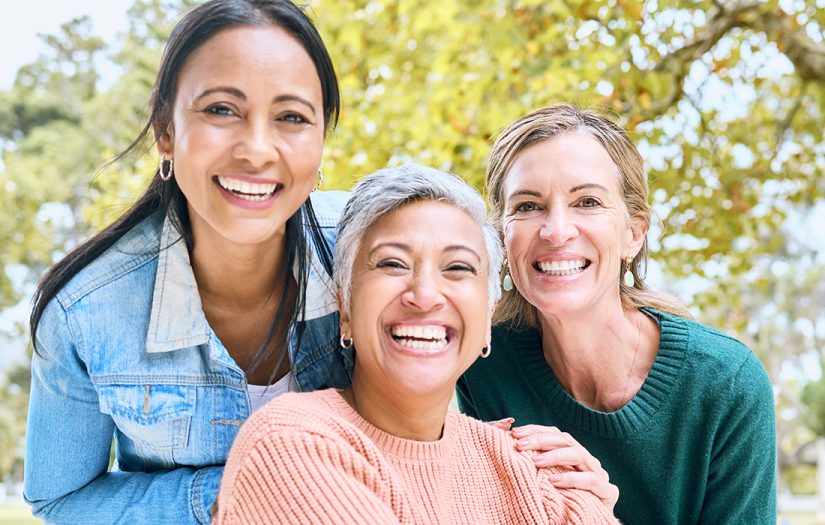Keeping Loved Ones Healthy In A Heatwave
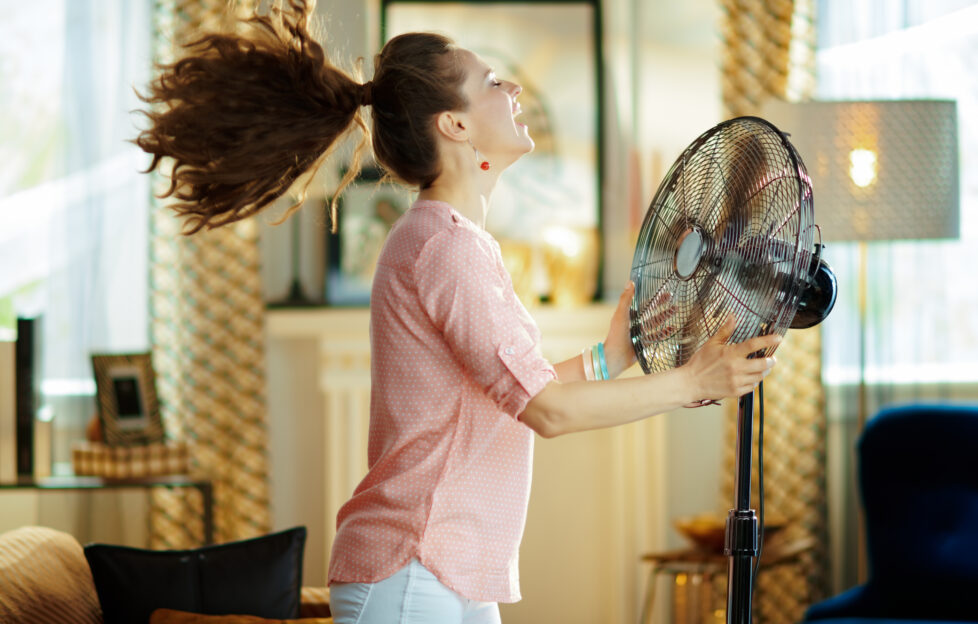
After a weekend of record-breaking temperatures, it’s important to know how to keep yourself and your loved ones healthy in a heatwave.
Whilst the hot weather is putting most of the UK in a great mood, the rising temperatures can lead to a long list of health problems, especially for your elderly loved ones.
As we get older, our bodies are less able to cope with the rising temperatures.
Our elderly loved ones are at greater risk of dehydration, heat exhaustion and heatstroke.
If your older relative or friend has diabetes and lung disease, this can further reduce their ability to cope with the heatwave.
We’ve asked Bupa’s Resident Experience Manager at Southlands Care Home in Harrogate, Helene Ballinger, for her advice on keeping them safe.
Head outdoors at cooler times
Getting outdoors has such a positive impact on our health and wellbeing.
Spending time in nature has a huge range of potential benefits, including increased happiness, improved self-esteem, and reduced stress.
However, the rising temperatures can be uncomfortable and increase your risk of heat-related conditions.
Instead, head outside with your loved one either early in the morning or later in the evening when the temperature is cooler. As a general guide, try and avoid the heat between 11am and 3pm, when the sun is at its strongest.
Encourage them to stay hydrated
If you’re over 60, you are at a greater risk of dehydration, and these rising temperatures can make it even worse. Not having enough water in your body can lead to feeling faint, dizziness and nausea.
Our appetite also naturally reduces in the heat because our body is trying to keep cool — it’s paying less attention to how hungry we are!
However, it’s important encourage your loved one to eat regularly and make sure they’re drinking enough to replenish the fluids lost by excessive sweating.
We should drink 1.5 to 2 litres of fluid a day, which is about eight to 10 glasses. However, if you’re in the heat during the day you can become dehydrated quicker, so drink more often and aim for at least 2 litres.
Get creative with keeping your loved ones hydrated by swapping any hot drinks with juices, smoothies, or occasionally an ice lolly.
Choose food with a high-water content
To ensure your elderly relative or friend is consuming enough water, you should give them foods with high water content, this can also help to keep them cool.
When it comes to the best foods to eat during the warm weather, choose food with high water content such as spinach, lettuce, cucumber, celery, and radishes which will help the body to hydrate.
Melons are also a great cooling and hydrating choice to enjoy.
Keep their surroundings cool
Firstly, it’s important to keep curtains and blinds closed in rooms that catch the sun.
Another tip would be to encourage your loved one to wear linen or cotton materials. These give you that extra room to breathe so will help to keep you cool!
Encourage your relative or friend to wear sandals, to avoid their feet swelling up in the heat.
If they’re struggling to keep cool, encourage them to splash their face and neck with cool water, or put a damp cloth on the back of their neck.
Watch out for signs of heatstroke
There is a difference between heat exhaustion and heatstroke.
Heat exhaustion occurs when your body is unable to cool itself enough to maintain a healthy temperature. Normally, the body cools itself by sweating, but sometimes sweating isn’t enough and the body temperature keeps rising.
Heatstroke is much more serious and means your core temperature will be 40C or above and you’ll feel very unwell.
Heatstroke should be treated as an emergency, whereas with heat exhaustion, the person needs to be cooled down.
Heat exhaustion often has symptoms such as a throbbing headache, dizziness, confusion, cramping and nausea.
If your loved one is experiencing any symptoms, advise them to remove any unnecessary clothing, lie down, and raise their feet so they are above heart level and drink plenty of water. You can also use a cool sponge to cool their skin too.
If your loved one doesn’t start to cool down and feel better after 30 minutes, see a medical professional, as they may have developed heatstroke.
Look after yourself
Finally, it’s important to keep yourself healthy in a heatwave, too — especially if you’re looking after others.
Make sure you wear sun protection, keep yourself hydrated and know your limits. If you’re feeling too warm, listen to your body and take a rest out of the heat.
Don’t put too much pressure on yourself, either.
If you’re struggling to look after your elderly loved one, there is always help and support available.
For more health tips and advice from “The People’s Friend”, click here.




